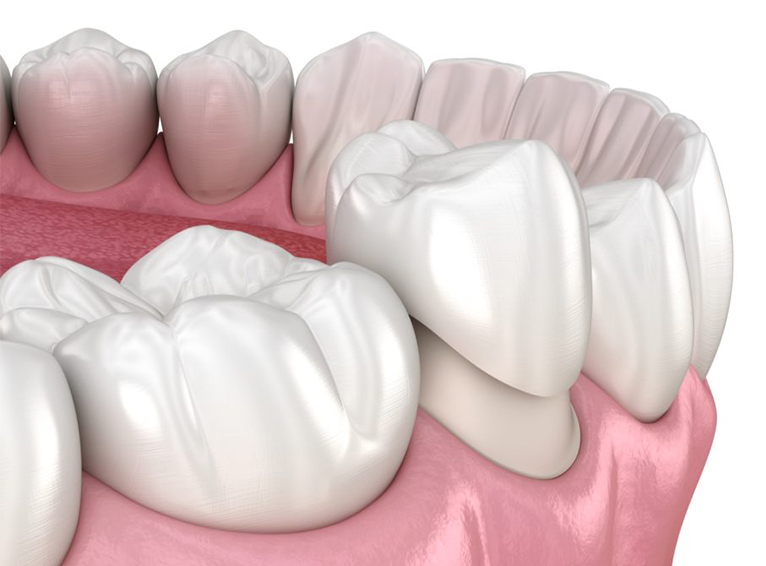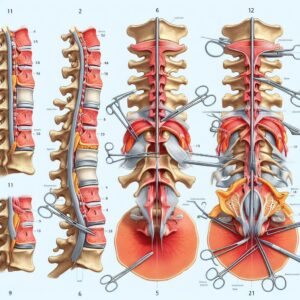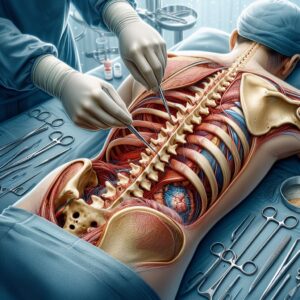Description
Familiarity with Treatment
All-porcelain or all-ceramic crowns are dental restorations that provide a natural color match and are often preferred for their aesthetic appeal. They are commonly used for both front and back teeth, offering a balance of strength and visual appeal.
Procedure
The procedure for placing all-porcelain or all-ceramic crowns typically involves the following steps:
- Tooth Preparation: The tooth is prepared by removing a portion of the outer structure to accommodate the crown.
- Impressions: Impressions of the prepared tooth are taken to create a custom-made crown that fits precisely.
- Crown Fabrication: The all-porcelain or all-ceramic crown is fabricated to match the color and shape of the natural teeth.
- Fitting and Bonding: Once the crown is ready, it is carefully fitted onto the prepared tooth and bonded in place using dental cement.
Who is it Suitable For?
All-porcelain or all-ceramic crowns are suitable for individuals who prioritize a natural color match and aesthetic appeal. They are often recommended for people with metal allergies and can be used for both front and back teeth.
Who is it Not Suitable For?
While all-porcelain or all-ceramic crowns offer excellent aesthetic results, they may not be suitable for individuals with specific structural or functional requirements that may be better addressed by alternative crown materials. Additionally, individuals with certain medical conditions or allergies should consult with a dental professional to determine their suitability for these crowns.
Advantages
- Natural Color Match: All-porcelain or all-ceramic crowns provide a better natural color match than other crown types, making them visually appealing.
- Biocompatibility: They are suitable for people with metal allergies and are gentle on opposing teeth, resulting in less enamel wear.
- Aesthetic Appeal: These crowns mimic the appearance of natural tooth enamel, providing a natural and pleasing result.
Complications
- Potential Wear on Opposing Teeth: The hardness of the ceramic material may cause increased wear on natural teeth that come into contact with the crown.
- Chipping or Fracturing: While all-porcelain or all-ceramic crowns are durable, they may still be susceptible to chipping or fracturing under excessive force or trauma.
Preoperative Care
Preoperative care for all-porcelain or all-ceramic crowns involves discussions with the dentist about the procedure, expectations, and any necessary preparations. A thorough dental examination, including X-rays, may be performed to assess the tooth’s condition and the suitability for these crowns.
Postoperative Care
Following the placement of an all-porcelain or all-ceramic crown, individuals should adhere to good oral hygiene practices, including regular brushing, flossing, and dental check-ups. It is important to maintain proper oral hygiene around the crown to prevent complications and ensure its longevity.
All-porcelain or all-ceramic crowns offer a natural color match, biocompatibility, and aesthetic appeal, making them a popular choice for dental restoration.







Reviews
There are no reviews yet.